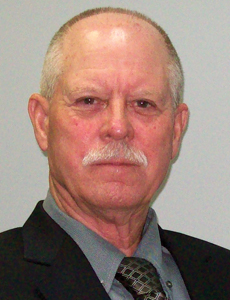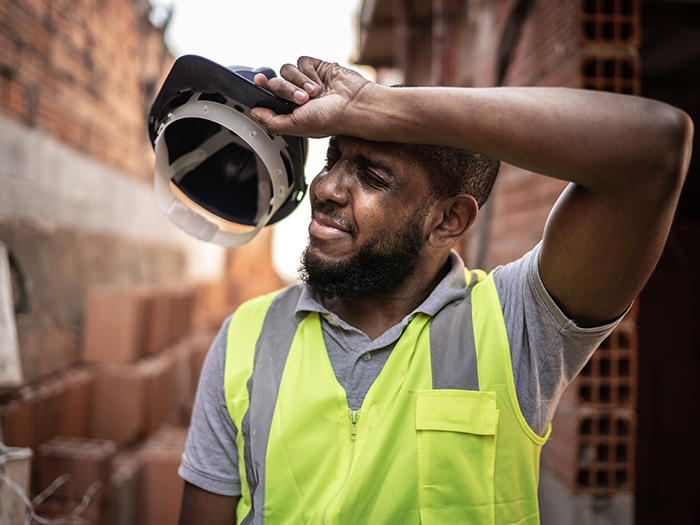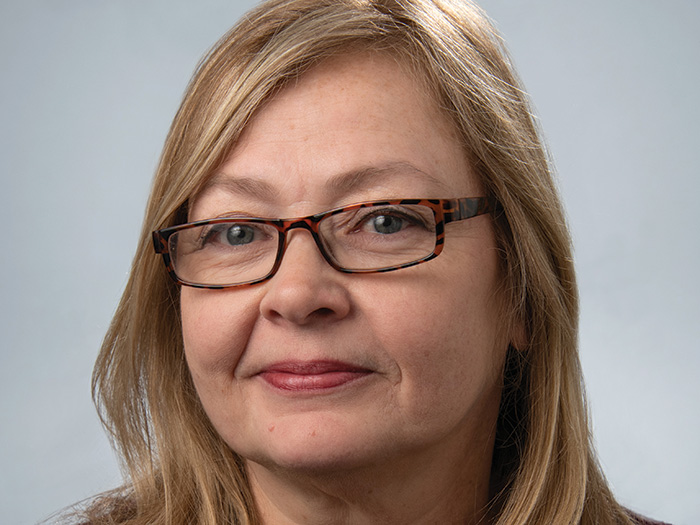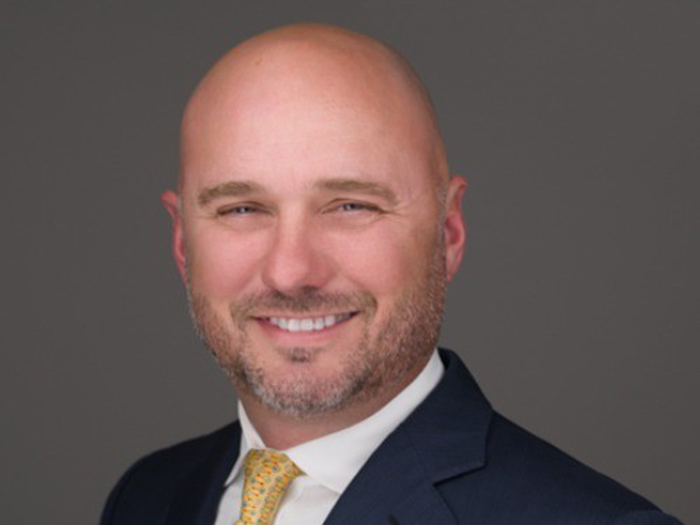2014 Risk All Star: Michael Gross
Ending Unnecessary Accidents
With accidents piling up at a rate of nearly one per week, Convergint Technologies suspected its drivers were distracted, possibly by their cell phones.
One clue was the proportion of accidents in which Convergint drivers rear-ended other vehicles, said Michael Gross, national safety director for the Illinois-based company, which installs and services safety and security systems for commercial, industrial and institutional customers.
In 2012, the company recorded 44 claims for such accidents, representing 75 percent of total accident claims and a cost of $214,550.
Backed by senior and local management, Gross unveiled a cell-phone ban in November 2012 that got drivers’ attention — and slashed company losses.
In 2013, Convergint faced 12 claims for rear-end accidents in which its drivers were at fault. The number is even lower in 2014, with only one or two rear-end accidents in the first six months, Gross said. The company has 555 vehicles, mostly small vans, on track to cover 10 million miles this year.
“I never in a million years would have dreamed that you could reduce the accident rate at the rate that they did,” said Fred LeSage, senior risk engineer with XL’s North American construction business.
“Personally, I rarely talk on the phone while I’m driving any more, and it’s more a result of this than anything else.”
But it wasn’t just a ban that made Convergint’s policy effective, said Gross, who is based in Houston. It also required buy-in from company managers and an effective enforcement mechanism.
And by trusting employees to do the right thing, rather than install devices that blocked calls, the policy stayed true to Convergint’s principles, Gross said.
“Everybody understood that it would be based on our [core] value and belief, that we expect you to have integrity and you’re going to follow the policy when nobody’s looking,” Gross said, noting there is verification alongside the trust.
If a Convergint driver is at fault in an accident, the company pulls phone records from 60 minutes before to 30 minutes after to see if a phone was in use, Gross said. If it was, the driver faces disciplinary action. The first offense draws a written reprimand and a day off without pay. A second offense could lead to termination.
Drivers don’t have to worry about ignoring a call from a supervisor or vendor. Under the policy, they recorded new voicemail greetings indicating they were away from the phone or behind the wheel. In meetings to introduce the policy, managers emphasized the importance of safety over instant communication.
“A big part of the policy’s success is that leaders and managers supported it, and our drivers understood that,” Gross said.
After Convergint’s drivers put down their phones, they began noticing all the other drivers who had not. Now, Gross is exploring training opportunities that will keep the company’s drivers from falling victim to other people’s distractions.
“We’re actually the ones getting rear-ended a lot because, I guess, everybody else is texting and not paying attention to what they’re doing,” he said.
_____________________________________________
 Risk All Stars stand out from their peers by overcoming challenges through exceptional problem solving, creativity, perseverance and/or passion.
Risk All Stars stand out from their peers by overcoming challenges through exceptional problem solving, creativity, perseverance and/or passion.
See the complete list of 2014 Risk All Stars.











